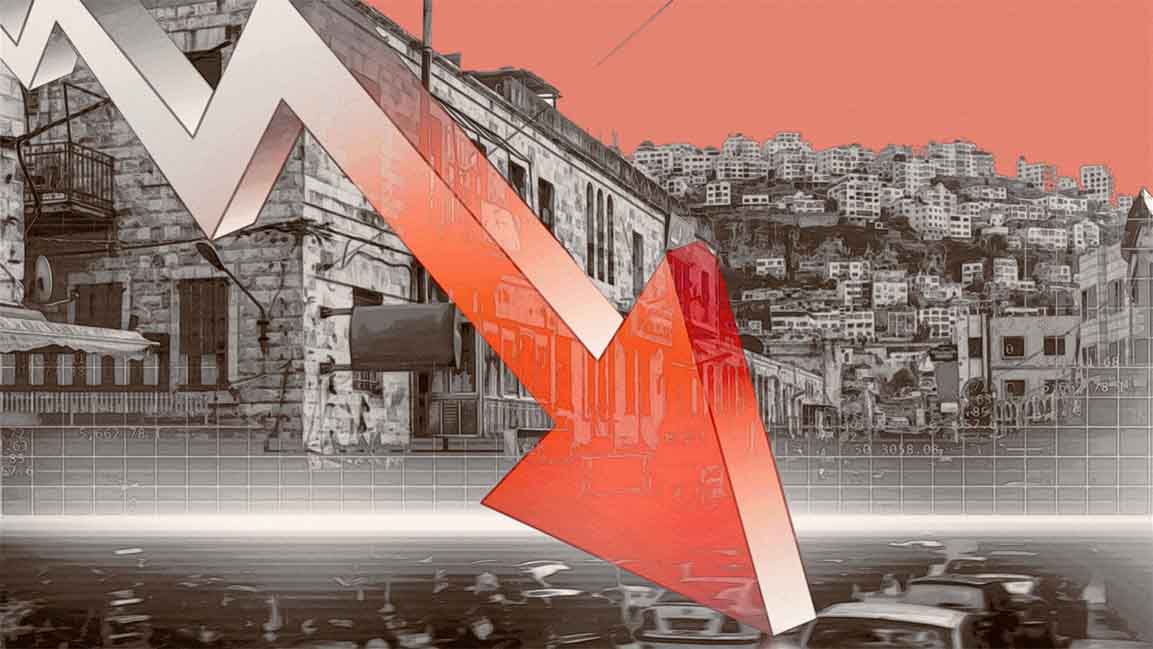- | 12:00 pm
Palestinian economic growth hindered by lack of reforms, says IMF
Worsening political, and social environments, high unemployment and poverty, contributing to macroeconomic vulnerabilities

Now accepting applications for Fast Company Middle East’s Most Innovative Companies. Click here to apply.
Palestine’s economy will continue to deteriorate this year, hindered by the lack of reforms, the financial crisis, and the worsening security and political environment, according to the International Monetary Fund (IMF).
The IMF’s statement came at the close of their staff’s visit to the West Bank and Gaza, where they held discussions with Palestinian officials. The IMF also referred to high unemployment and poverty, adding to the country’s macroeconomic fragilities.
The IMF’s team met with Prime Minister Mohammad Shtayyeh, Finance Minister Shukry Bishara, Palestine Monetary Authority (PMA) Governor Feras Milhem, Palestinian Central Bureau of Statistics President Ola Awad, and other members of the Palestinian economic team, as well as Israeli officials and representatives of the Palestinian private sector, donors, and international organizations.
“The outlook for the Palestinian economy remains bleak amid a volatile political and security situation, with downside risks persisting,” said Kerstin Gerling, IMF mission to the West Bank and Gaza.
“Together with lower regional growth, the increasingly difficult environment is weighing on both the supply and demand side of the economy,” she added.
Following the post-pandemic rebound in 2021, the IMF said that growth is projected to decline from 3.9% in 2022 to 3.0% in 2023.
However, inflation is also expected to ease from 3.2% in 2023 to 2% over the medium term due to weakening activity and lower international commodity prices.
The IMF also attributed the fiscal crisis to the government’s “broadly unchanged policies,” which undermine the government in delivering basic services.
“An ever-binding liquidity crunch has led to a cash-based execution of the 2023 budget and constrained the full payment of public sector wages and pensions (persisting since late 2021) and cash transfers to the most vulnerable.”
“The government has also limited bank borrowing. Arrears continue to accumulate and, without substantial adjustment policies, public debt remains unsustainable.”
Boosting economic growth will largely rely on coordinated efforts from the Palestinian Authority, Israel, and the international community.
The IMF adds that big policy changes are necessary to restore Palestine’s fiscal responsibility and free up resources for development and social spending, highlighting the country’s public sector wage bill reform as the highest priority, yet progress has been erratic.
“Over the medium term, the authorities should also consider public pension reform that balances fiscal and social considerations.”































